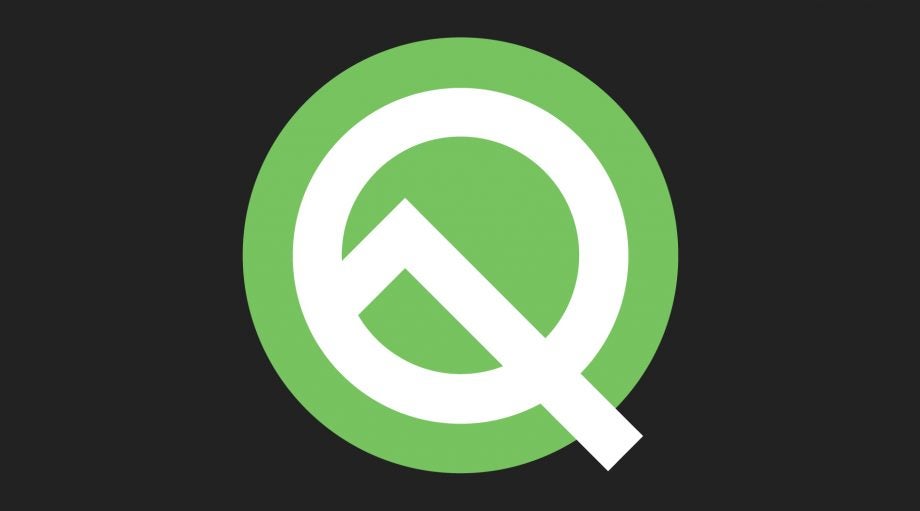Android Q is already struggling with Google’s biggest problem

The Android Q beta has hit the ground running, and just as we’ve seen we’ve previous Android releases, Google’s biggest flaw has made a return: fragmentation.
You don’t have to have a Pixel to get onto Google’s Android Q beta (but it helps.) The beta program is available for more than just Google’s own phones. It’s good news for developers, and consumers who fancy a look at what Google is planning in the future.
At Google I/O, Google announced their third beta will be available on 21 different devices, 12 OEMs from different manufacturers, and all of the Pixels.
Good news, right?
Related: Best Android Phone 2019
Here’s where it gets complicated though. While Google is happy to roll out Android to most phone manufacturers, they’re not really all that fussed about their implementation of it as no one gets hurt. This means that getting the Android Q beta on your phone is a wildly different experience depending on who your manufacturer is.
Google makes it as simple as possible to sign up for the Android Q beta. Go to the beta website make sure you are signed into your Google account, and sign your phone up. Simple.
The Essential Phone, a smartphone designed in part by Android’s co-founder Andy Rubin, makes it similarly easy: go to Google’s App store and install and app.
From here though, things get rough. OnePlus and ASUS for example will provide you with a factory image and get you to install this manually, while Oppo and LG ask you to install a file that will flash your phone for you, installing the new beta.
Related: How to install Android Q on your device
Huawei, the world’s second biggest smartphone manufacturer, is having separate issues with Google after the embattled President Trump added Huawei to a list of companies that American firms cannot trade with without a license. To get access to the beta on Huawei, you need to provide details on your device and also have developer credentials. Meanwhile, Samsung doesn’t take part in the beta at all.
These companies are all well within their rights to choose how and when access to the beta is given as, after all, if the software breaks they’re the ones having to field complaints from angry consumers, but it’s just all so very… Android. As we’ve seen again and again, the version of Android promised by Google, even down to the delivery method, isn’t what we see when manufacturers get involved.
Yes, Google is open-source. Yes, Google want to empower brands with Android. However, a firmer hand would go a long way to give users a more consistent experience.


